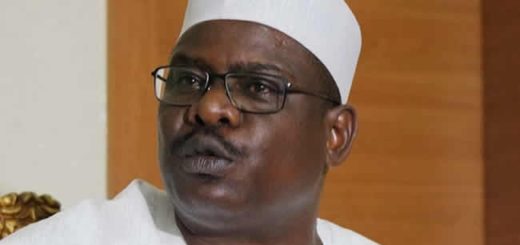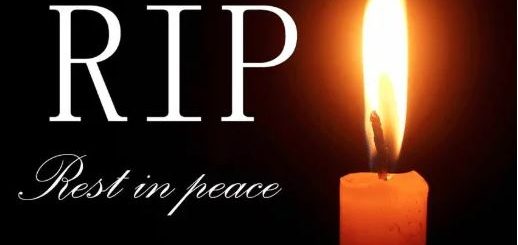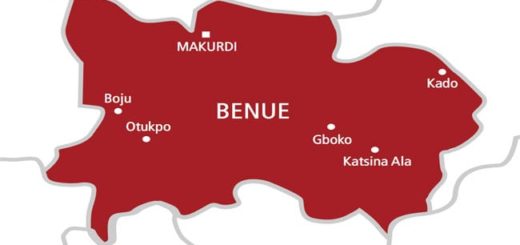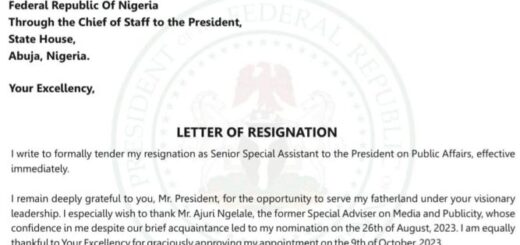Buhari unbanned our platform to save face; we didn’t meet, dialogue with Lai Mohammed, Fashola, other Nigerian ministers: Twitter Executive
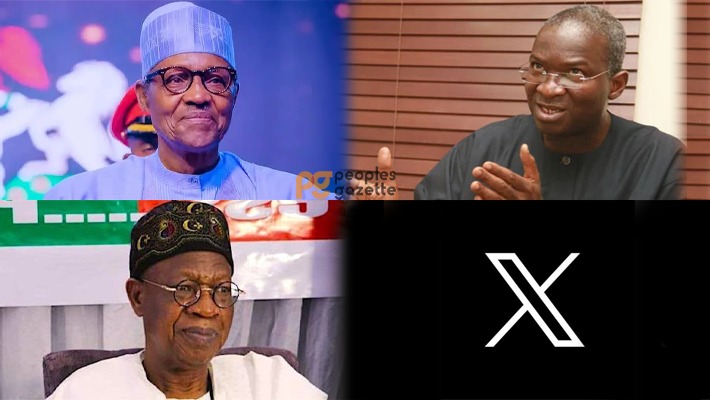 Anthony Russell Tatum, a shareholder in X, has revealed that then-President Muhammadu Buhari’s regime lifted the months-long ban on Twitter, now X, without any solicitation or dialogue with the platform’s executives as falsely claimed by the Nigerian government two years ago.
Anthony Russell Tatum, a shareholder in X, has revealed that then-President Muhammadu Buhari’s regime lifted the months-long ban on Twitter, now X, without any solicitation or dialogue with the platform’s executives as falsely claimed by the Nigerian government two years ago.
The lies allowed to run unchecked by Twitter, according to Mr Tatum, hampered free speech and had devastating consequences for the microblogging site’s shareholders.
In a 119-page-suit filed in Pender County, North Carolina, U.S.A against X and its owner, Elon Musk, Mr Tatum accused the company, based on the actions of its erstwhile management, of hiding relevant information from shareholders and general recklessness, asserting its alleged failure to proactively disclose take-down requests of unflattering tweets from foreign governments that are hostile to free speech.
Summons for the matter were issued in January 2024 against the parties.
In June 2021, Lai Mohammed, then information minister, announced a Twitter ban shortly after the site deleted Mr Buhari’s tweet for inciting violence, which was deemed a violation of Twitter policy and guidelines.
Angered by the deletion, Mr Buhari cracked down on Twitter, ordering all internet service providers in Nigeria to restrict people living in the country from accessing the microblogging site.
Months later, in January 2022, Mr Buhari’s government reversed the ban, which it said was the outcome of several negotiations with Twitter executives and the site’s decision to abide by certain conditions. Some of the so-called concessions were taxation and establishing a physical office in Nigeria.
Peiter Zatko, a former Twitter employee, disputed the claims in a whistleblower report to the U.S. Congress that there were no such dialogues. His report made the centre of a lawsuit filed recently in the United States.
Mr Tatum relied on the whistleblower complaint by Peiter Zatko, a former vice-president (security) at Twitter, to bolster his argument against the corporation and its owner.
Even though Mr Musk was not responsible for the accusations, it was still the company he bought, hence, the liability was his to take.
When Mr Mohammed got wind of the whistleblower’s claims in 2022 and sought to vitiate them at a press briefing in Abuja in December 2022, he insisted that the Nigerian government had indeed negotiated with Twitter to lift the ban.
“The back-and-forth negotiation culminated in a series of agreements that paved the way for the lifting of the Twitter suspension in January this year (2022),” Mr Mohammed said, refuting Mr Zatko’s whistleblower report in 2022.
The Buhari regime blocked Twitter in June 2021 and then falsely claimed to be in negotiations with Twitter executives. Twitter’s failure to correct the false record on many reported non-existent discussions with the Nigerian government permitted Nigeria to negotiate unilaterally through the media and dictate unfavourable terms for a final resolution, according to Mr Tatum’s allegation.
He asserted that Twitter’s decision to refrain from correcting misinformation about Twitter’s proposed negotiations with the Nigerian government directly harmed Twitter shareholders.
Not only did Twitter’s inaction egg on the Buhari regime to control and circulate a false narrative, Mr Tatum said in the suit, it also allowed the Nigerian government to impose various conditions on the platform that harmed free expression rights and democratic accountability for Nigerian citizens.
